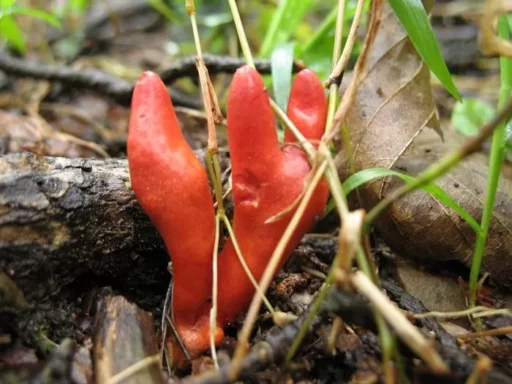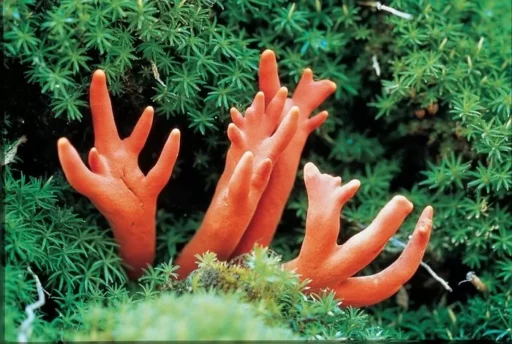Warning About the Risks of Consuming the Toxic Red-Capped Mushroom
False information regarding the health benefits of the toxic red-capped mushroom is spreading online, prompting authorities to issue a strong warning.

The Korea Forest Service's National Institute of Forest Science announced today (the 7th) that increased instances of the red-capped mushroom being introduced as an edible mushroom or shared in recipes necessitate special caution from the public.
The striking appearance of the red-capped mushroom makes it easily noticeable, but it is a toxic mushroom that can cause fatal poisoning symptoms even in small amounts.
This toxic mushroom contains toxic substances from the trichothecene class, which can result in severe damage to the entire body, affecting not only the digestive system but also the nervous system, respiratory system, blood, and skin.
Spread of Misinformation and Actual Research Results
The National Institute of Forest Science confirmed that some AI-based search services and online blogs mistakenly introduce the red-capped mushroom as a medicinal mushroom with immune-boosting, anti-cancer, and antioxidant effects. Such misinformation raises concerns as it could lead health-conscious consumers to make dangerous choices.

The National Institute of Forest Science, in collaboration with Sungkyunkwan University, revealed that a substance found in the red-capped mushroom, known as "Loricidin E," has over 500 times the anti-cancer efficacy of the chemotherapeutic agent doxorubicin.
However, it emphasized that this pertains to the efficacy of the refined single substance Loricidin E and that consuming the red-capped mushroom itself is extremely dangerous.
The Korea Forest Service stated, "It is difficult to visually distinguish between poisonous and edible mushrooms when foraging in the wild, so it is safer not to consume them." They also stressed that any suspicious mushrooms should not be harvested, and individuals should seek medical care immediately if unusual symptoms appear after consumption.
Image source: Red-capped Mushroom / Korea Forest Service, Korea Forest Service


